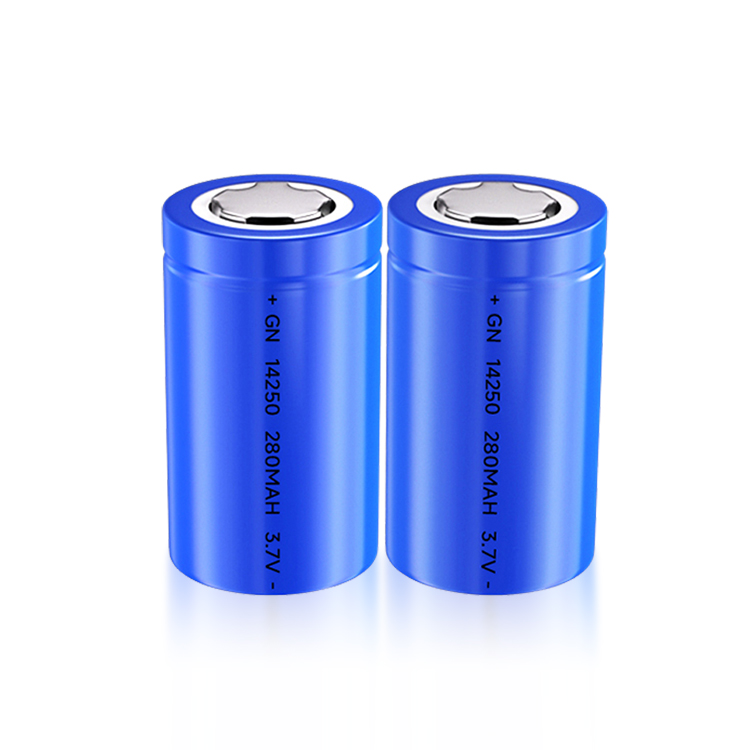

Recently, scientists from the University of Alberta and the University of Toronto in Canada created blueprints for a new type of quantum battery. The characteristic of this kind of battery is that it will not leak electricity.
Recently, scientists from the University of Alberta and the University of Toronto in Canada created blueprints for a new type of quantum battery. The characteristic of this kind of battery is that it will not leak electricity.
"A quantum battery is a tiny, nanometer-sized battery that can be used for nanoscale applications." As the main leader of the research, chemist Gabriel Hanna of the University of Alberta in Canada explained.
The research provides a theoretical proof that it is possible to create a lossless quantum battery. It has advantages over previously proposed quantum batteries. "While batteries we are more familiar with, such as the lithium-ion batteries that power smartphones, rely on classical electrochemistry, quantum batteries rely entirely on quantum mechanics," Hanna said.
Such batteries could become an important part of many quantum devices, such as powering quantum computers, he said. In fact, they can be manufactured using current solid-state technology.
To realize their idea, the research team conceived a model of an open quantum network with high structural symmetry as a platform for storing exciton energy. In this platform, when an electron absorbs a photon of sufficient energy, the energy is harnessed. Through this model, they demonstrated that even in an open environment, energy can be stored without any loss.
"The key is to prepare this quantum network in the so-called dark state," Hanna explains. "In the dark state, the network cannot exchange energy with the environment. In essence, the system is immune to all environmental influences. . This means that the battery is highly resistant to energy loss."
Using this model, the researchers also proposed a general method for releasing stored energy from batteries on demand, which involves breaking the structural symmetry of the network in a controlled way. In the future, the project will also explore feasible methods of battery charging and discharging, as well as effective methods to expand scale in practical applications.
The research, titled "Lossless Exciton Quantum Battery," was published in the recent "Journal of Physical Chemistry".

Popular recommendation
AG7 battery.What is the production process of 18650 lithium battery?
2023-10-12Nickel Metal Hydride No. 5 battery.Key technologies related to high-temperature nickel-metal hydride
2023-10-0818650 lithium-ion battery.Introduction to new battery technology after lithium-ion rechargeable batt
2023-10-08Three signs that battery energy storage systems CR2450 battery.have become the mainstream of energy
2023-10-08Ni-MH battery pack.Introduction to vacuum distillation recovery technology of scrap nickel-cadmium b
2023-10-09AG4 battery.What are the disadvantages of 18650 lithium-ion battery technology?
2023-10-09502030 battery.Introduction to the recycling and processing process of dry batteries
2023-10-09AG Coin foot battery
2022-06-186LR61 battery.Germany develops process to extract lithium from hot water for use in manufacturing el
2023-10-08What is the difference between ordinary batteries and lithium batteries?
2022-11-0818650 rechargeable battery lithium 3.7v 3500mah.Research on thermal runaway of 18650 lithium battery
2023-10-09Characteristics of lithium battery separator
2022-11-23